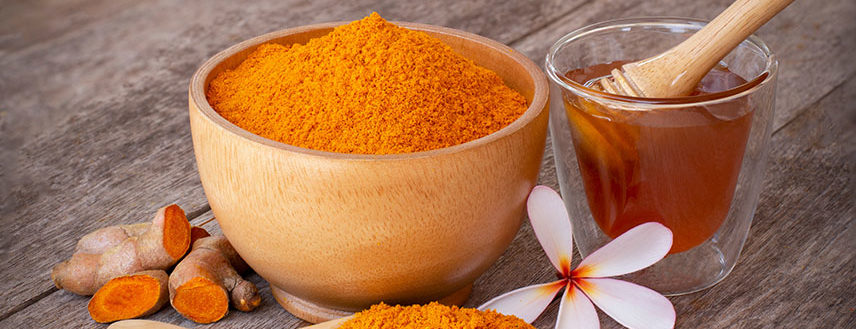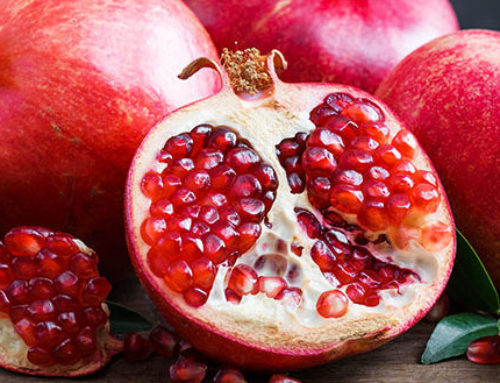
Curcumin is a yellow pigment found primarily in turmeric, a flowering plant of the ginger family best known as a spice used in curry. It’s a polyphenol with anti-inflammatory properties and the ability to increase antioxidant levels in the body. More research is needed for many areas of health, but so far studies have shown improvement in many conditions including depression and anxiety, pain related to osteoarthritis and more.
- Fights Inflammation – Short-term inflammation helps your body fight foreign invaders and can also help repair damage. However, when inflammation becomes chronic, it can actually become your body’s enemy. Scientists now believe that chronic, low-level inflammation plays a major role in many diseases including heart disease, Alzheimer’s and osteoarthritis. Curcumin is a powerful anti-inflammatory. It blocks NF-kB, a molecule that invades your cells leads to inflammation.
- Increases Antioxidants – The damaging effects of free radicals contribute to aging and many diseases. Antioxidants protect your body from free radicals. Curcumin is a potent antioxidant that can neutralize free radicals based on its chemical structure. More importantly, curcumin boosts the activity of your body’s own antioxidant enzymes.
- Improves Brain Function – We now know that neurons are capable of not only forming new connections, but also multiplying and increasing in number. One particular growth hormone, brain-derived neurotrophic factor (BDNF) is largely responsible for this process. Curcumin has been found to increase brain levels of BDNF. Many common brain disorders including depression and Alzheimer’s disease have been linked to decreased levels of BDNF.
- Lowers Risk of Heart Disease – Heart disease is the number one cause of death worldwide. Several studies have found that curcumin can improve the function of endothelium, which is the lining of your blood vessels. In one study, subjects who were about to undergo coronary bypass surgery were given either a placebo or curcumin a few days before and after surgery. The curcumin group had 65% decreased risk of experiencing a heart attack in the hospital.




